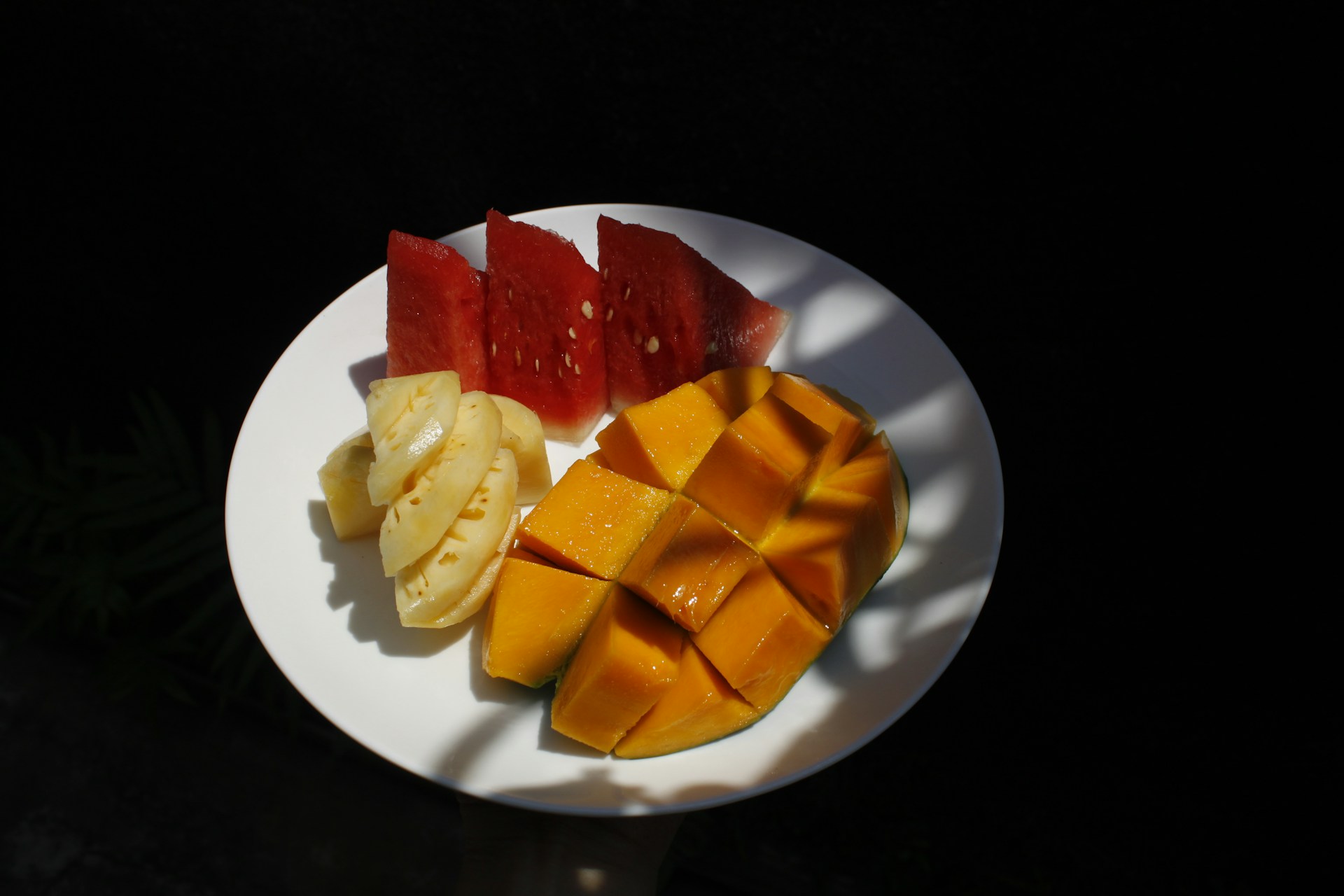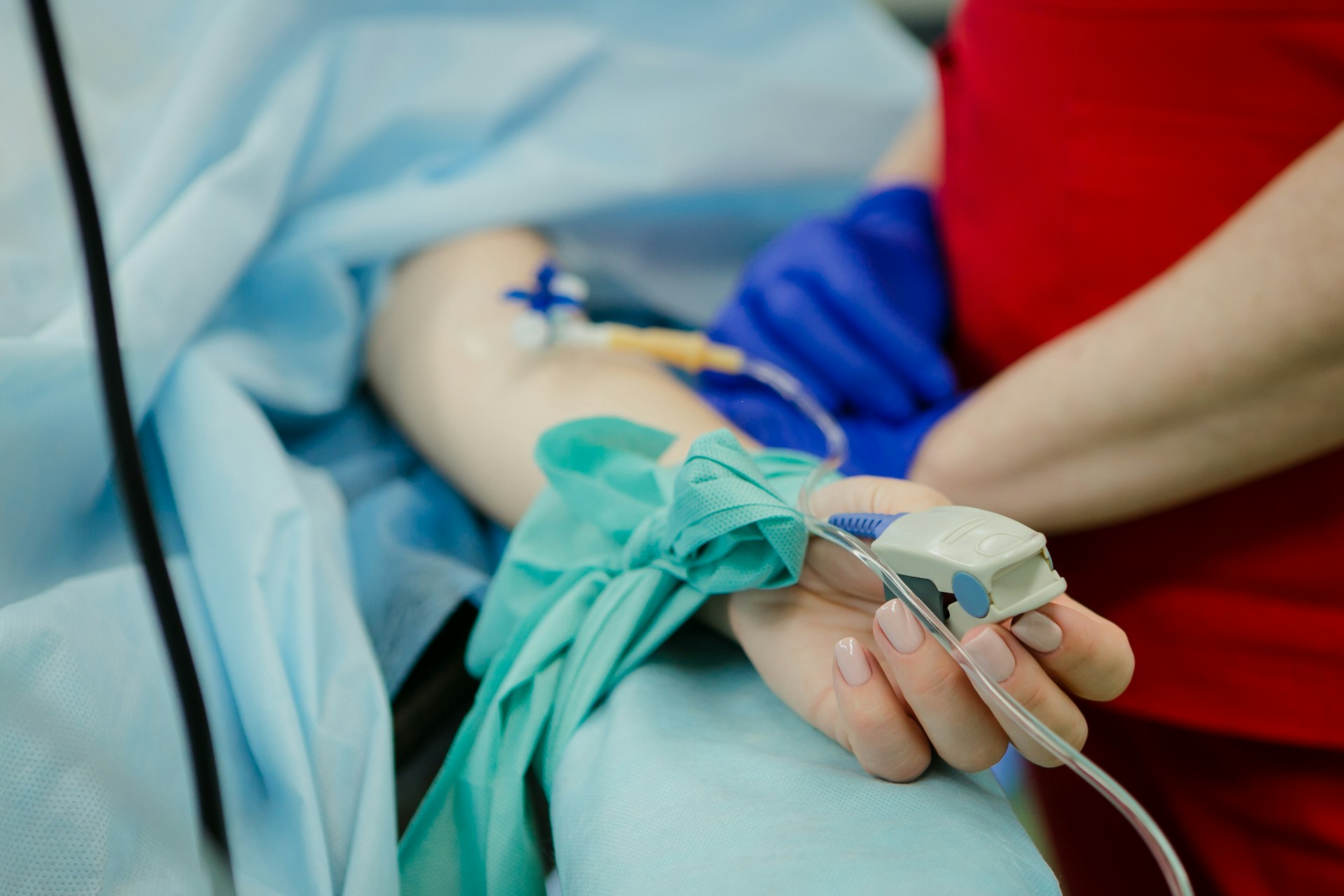Towards Healthy Aging with Physical Activity and Nutrition
Downloads
Background. Indonesia has become the country with the highest elderly population in Southeast Asia which around 27 million people within 2020. Demographic bonus, where the productive age is higher than the non-productive age, should be optimized so that it becomes an opportunity to decrease the dependency ratio of the elderly over 65 years. However, increasing life expectancy has other implications which as the increase in health problems associated with the aging process, including the emergence of degenerative diseases. The concept of healthy aging formed due to the increase of public awareness to live within quality life and maintaining a healthy lifestyle through physical activity and good nutrition. Healthy aging is the process of developing and maintaining the functional ability that enables wellbeing in older age. Lifestyle improvement from the early stage will have a better effect on a person's lifelong health. Unfortunately, it is not widely known by the public, so awareness is not yet evident and benefits cannot be obtained optimally.
Objectives. Healthy aging is the process of developing and maintaining the functional ability that enables wellbeing in older age. The aim of this review is to raise awareness among the adult age group about the important role of physical activity and nutrition in achieving a healthy aging condition.
Discussion. American College of Sports Medicine (ACSM) and Centers for Disease Control and Prevention (CDC) recommend adults aged 18–65 year to participate in moderate-intensity aerobic physical activity for a minimum of 30 minutes on five days per week, or vigorous-intensity aerobic activity for a minimum of 20 minutes on three days per week. Moreover, recent WHO (2020) guideline towards physical activity and sedentary behavior recommend all adults to have moderate-intensity for 150 – 300 min or vigorous-intensity for 75 – 150 min per week. But this recommendation has not been able to reduce physical inactivity number in Indonesian society, especially adult and senior adult. There are some nutrition elements related to mobility health, mainly are protein, vitamin D, calcium, antioxidant and omega-3, and many studies report that Indonesian adults suffer deficiencies on these nutrition elements and cause health problems related to mobility. Health interventions should involved many stakeholders, e.g government, private sectors, NGO, mass media, and many more.
Conclusions: The concept of healthy aging and interventions related to this need to be recognized and implemented as early as possible to get optimal results, and preferably starting from adulthood. Health interventions carried out must be holistic and synergize between physical activity, nutrition, mental health and other factors that play a role. A community-based approach is the easiest and fastest way to change mindsets and behavior patterns, and can be implemented in the work environment or other communities.
Officer, A. & de la Fuente-Núñez, V. A global campaign to combat ageism. Bull. World Health Organ. 96, 295 (2018).
(WHO), W. H. O. Ageing: Healthy ageing and functional ability. Viitattu 8, 2020 (2020).
Organization, W. H. World report on ageing and health. (World Health Organization, 2015).
Indonesia, K. K. R. Situasi lanjut usia (lansia) di Indonesia. Pus. Data Dan Inf. Kementeri. Kesehat. Republik Indones. (2016).
Services, U. S. D. of H. and H. Physical Activity Guidelines for Americans 2nd edition. Recuperado el 2, diciembre, 2018 https://health. gov/paguidelines/secondedition/pdf. Phys. pdf (2018).
Piercy, K. L. et al. The physical activity guidelines for Americans. Jama 320, 2020–2028 (2018).
Chodzko-Zajko, W. J. Exercise and physical activity for older adults. Kinesiol. Rev. 3, 101–106 (2014).
Garber, C. E. et al. American College of Sports Medicine position stand. Quantity and quality of exercise for developing and maintaining cardiorespiratory, musculoskeletal, and neuromotor fitness in apparently healthy adults: guidance for prescribing exercise. Med. Sci. Sports Exerc. 43, 1334–1359 (2011).
Thompson, D. L. Fitness Focus Copy-and-Share: Walking for Health. ACSMs. Health Fit. J. 12, 4 (2008).
RI, K. Buku Panduan Germas, Gerakan Masyarakat Hidup Sehat. Jakarta Kemenkes RI (2016).
KEMENTERIAN KESEHATAN, R. I. MEDIAKOM EDISI 97.
KEMENKES, R. I. Panduan Pelaksanaan Gerakan Nusantara Tekan Angka Obesitas (GENTAS). (2017).
RI, K. Laporan hasil riset kesehatan dasar (Riskesdas) Indonesia tahun 2013. Jakarta Kemenkes RI (2013).
Statistik, B. P. Statistik sosial budaya... (Badan Pusat Statistik (BPS), 2009).
Abadini, D. & Wuryaningsih, C. E. Determinan aktivitas fisik orang dewasa pekerja kantoran di Jakarta tahun 2018. J. Promosi Kesehat. Indones. 14, 15–28 (2019).
Organization, W. H. The world health report 2000: health systems: improving performance. (World Health Organization, 2000).
Organization, W. H. Diet, nutrition, and the prevention of chronic diseases: report of a joint WHO/FAO expert consultation. vol. 916 (World Health Organization, 2003).
Organization, W. H. Guideline: sugars intake for adults and children. (World Health Organization, 2015).
Organization, W. H. Guideline: Sodium intake for adults and children. (World Health Organization, 2012).
DepKes. Peraturan Menteri Kesehatan Republik Indonesia No 75 Tahun 2013. 2, 1–39 (2013).
Seimbang, P. G. BERITA NEGARA. 1–97 (2014).
Jahari, A. B. Keluarga Sadar Gizi (kadarzi) dalam menuju gizi baik untuk semua. Gizi Indones. 28, (2005).
Indonesia, S. Konsumsi Kalori dan Protein Penduduk Indonesia dan Provinsi Maret 2010.
Aris, T., Ahmad, N. A. & Tee, G. H. National health and morbidity survey 2014: Malaysian adults nutrition survey (MANS. (Institute For Public Health, 2014).
Kirk, M. D. et al. Food Safety: Foodborne Disease in Australia: The OzFoodNet Experience. Clin. Infect. Dis. 47, 392–400 (2008).
Nisa, F. Z., Probosari, E. & Fitranti, D. Y. Hubungan asupan omega-3 dan omega-6 dengan kadar trigliserida pada remaja 15-18 tahun. (2017).
Satria, A. Politik Kelautan dan Perikanan. (Yayasan Pustaka Obor Indonesia, 2015).
Millward, D. J., Layman, D. K., Tomé, D. & Schaafsma, G. Protein quality assessment: impact of expanding understanding of protein and amino acid needs for optimal health. Am. J. Clin. Nutr. 87, 1576S-1581S (2008).
Setiati, S. Pengaruh pajanan sinar ultraviolet b bersumber dari sinar matahari terhadap konsentrasi vitamin D (25 (OH) D) dan hormon paratiroit pada perempuan usia lanjut Indonesia. Kesmas J. Kesehat. Masy. Nas. (National Public Heal. Journal) 2, 147–153 (2008).
Yosephin, B., Khomsan, A., Briawan, D. & Rimbawan, R. Peranan Ultraviolet B Sinar Matahari terhadap Status Vitamin D dan Tekanan Darah pada Wanita Usia Subur. Kesmas J. Kesehat. Masy. Nas. (National Public Heal. Journal) 256–260 (2014).
Prasetyo, T. J., Hardinsyah, H., Baliwati, Y. F. & Sukandar, D. The application of probability method to estimate micronutrient deficiencies prevalence of Indonesian adults. J. Gizi dan Pangan 13, 17–26 (2018).
Hayati, S. & Herwana, E. Peningkatan asupan kalsium menghambat penurunan kepadatan tulang pada perempuan pascamenopause. J. Biomedika dan Kesehat. 1, 145–151 (2018).
Widjaya, I., Rumawas, M. & Kidarsa, B. Hubungan Antara Asupan Kalsium Dengan Tekanan Darah: Sebuah Studi Pada Penduduk Indonesia Dewasa Berusia 30 Tahun. Ebers Papyrus 16, 13 (2017).
Khoo, S., Poh, B. K., Suhaimi, S. A., Chong, K. H. & Varela, A. R. Physical Activity Promotion in Malaysia: Challenges and Opportunities. Front. Public Heal. 8, (2020)
Tobi, S. N. M., Masrom, M., Rahaman, S. A. S. A. & Mohammed, A. MyHEALTH portal: Malaysia national web-based health information service for public well-being. Adv. Sci. Lett. 23, 2853–2856 (2017)
Soon, G., Koh, Y. H., Wong, M. L. & Lam, P. W. Obesity prevention and control efforts in Singapore. Natl. Bur. Asian Res. Washingt. (2008)
AMERTA NUTR by Unair is licensed under a Creative Commons Attribution-ShareAlike 4.0 International License.
1. The journal allows the author to hold the copyright of the article without restrictions.
2. The journal allows the author(s) to retain publishing rights without restrictions
3. The legal formal aspect of journal publication accessibility refers to Creative Commons Attribution Share-Alike (CC BY-SA).
4. The Creative Commons Attribution Share-Alike (CC BY-SA) license allows re-distribution and re-use of a licensed work on the conditions that the creator is appropriately credited and that any derivative work is made available under "the same, similar or a compatible license”. Other than the conditions mentioned above, the editorial board is not responsible for copyright violation.












































